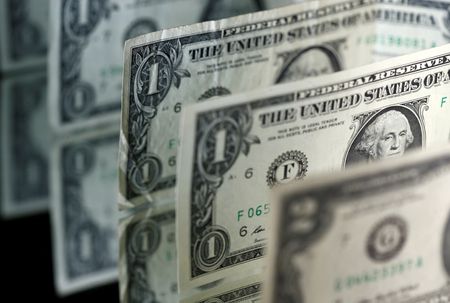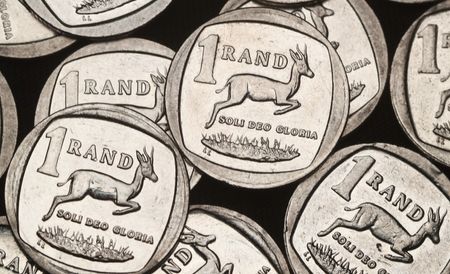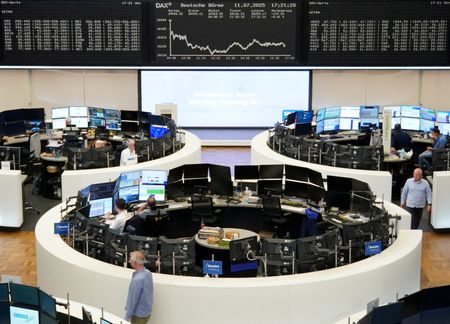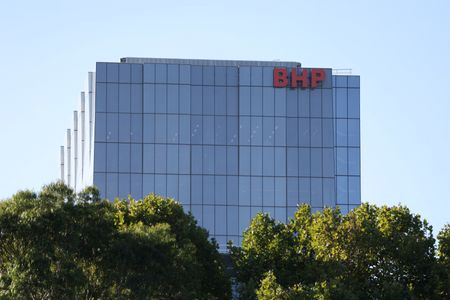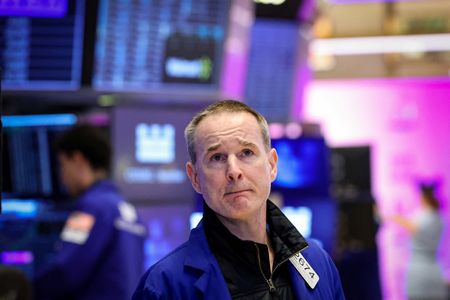By Rae Wee and Amanda Cooper
SINGAPORE/LONDON (Reuters) -The dollar edged up on Tuesday, but activity across the currency market was subdued, as investors awaited any signs of progress in talks ahead of an August 1 deadline that could bring steep tariffs for U.S. trading partners that fail to strike deals.
The yen mostly held on to gains from the previous session following results from a weekend upper house election in Japan that proved no worse than what had already been priced in, with focus now on how quickly Tokyo can strike a trade deal with Washington and Prime Minister Shigeru Ishiba’s future at the helm.
With little over a week to go before August 1, U.S. Treasury Secretary Scott Bessent said on Monday the administration is more concerned with the quality of trade agreements than their timing.
Asked whether the deadline could be extended for countries engaged in productive talks with Washington, Bessent said President Donald Trump would make that decision.
Uncertainty over the eventual state of tariffs globally has been a huge overhang for the foreign exchange market, leaving currencies trading in a tight range for the most part, even as stocks on Wall Street have scaled fresh highs.
“Nothing that happens on August 1 is necessarily permanent, so long as the U.S. administration remains willing to talk, as was indicated in Trump’s letters from two weeks ago,” said Thierry Wizman, global FX and rates strategist at Macquarie Group.
The euro eased slightly to $1.1692. The European Central Bank is also in the mix this week, although it is not expected to adjust euro zone interest rates.
A deal between the European Union, which could face 30% tariffs from August 1, and the U.S. remains elusive. EU diplomats said on Monday they were exploring a broader set of possible counter-measures given fading prospects for an agreement.
“The Trump administration has shown little tolerance for retaliatory measures, and there is a risk this could spiral (even if temporarily) into a tit-for-tat tariff escalation. The euro’s ability to maintain preference over the dollar amid tariff tensions will depend on the extent of any escalation and whether the EU emerges as a relative loser while other countries secure significant deals with the U.S.,” ING strategist Francesco Pesole said.
Separately, the ECB said in a survey on Tuesday that loan demand from euro zone companies improved last quarter and is expected to pick up in the current quarter, in spite of the threat of tariffs and higher geopolitical tensions.
Against a basket of currencies, the dollar rose 0.1% to 97.91, having fallen 0.6% on Monday.
Also weighing on investors’ minds were worries about Federal Reserve independence, given Trump has repeatedly railed against Chair Jerome Powell and urged him to resign because of the central bank’s reluctance to cut interest rates.
“Our base case remains that solid U.S. data and a tariff- driven rebound in inflation will keep the FOMC on hold into 2026, and that the resulting shift in interest rate differentials will drive a continued rebound in the dollar in the next few months,” said Jonas Goltermann, deputy chief markets economist at Capital Economics.
“But that view is clearly at the mercy of the White House’s whims.”
The yen remained in focus on Tuesday, trading a touch weaker on the day at 147.64, having gained 1% on Monday following the weekend election and a public holiday.
“The initial relief for the yen that the ruling coalition did not lose even more seats and that Prime Minister Ishiba plans to hang on to power is likely to prove short-lived,” said MUFG senior currency analyst Lee Hardman.
“The pick-up in political uncertainty in Japan could complicate reaching a timely trade deal with the U.S., posing downside risks for Japan’s economy and the yen.”
(Additional reporting by Rae Wee and Ankur Banerjee in Singapore; Editing by Shri Navaratnam, Rachna Uppal and Sharon Singleton)

